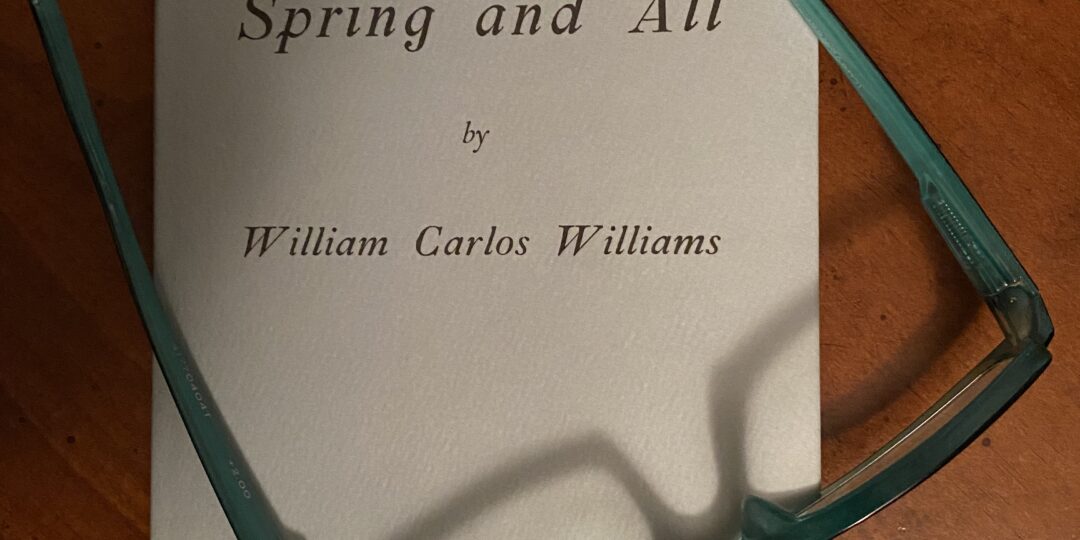Marriott Brooklyn Bridge, Brooklyn NY
October 26-29, 2023
Information about registration, seminars and workshops, and discounted conference hotel bookings
Leaders
Jane Malcolm – Université de Montréal
Julia Bloch – University of Pennsylvania
First published in 1923 in France, William Carlos Williams’s sprawling, hybridic, restlessly philosophical long poem Spring and All fell out of print and into obscurity until ten years after Williams’s death, when it was reprinted by New Directions Books and embraced by a new generation of poets. Spring and All offers a form of poetic attention that has captivated poets and scholars alike with its enthralling central claims about the imagination, the relationship between poetry and a broken America, and the imperative to embrace an everyday sensibility as a reaction to highly referential, elite, or ossified poetic modes. “Yes, the imagination, drunk with prohibitions, has destroyed and recreated everything afresh,” Williams wrote in the work that contains his most famous (and originally untitled) anti-representational poem: “so much depends / upon // a red wheel / barrow.” Spring and All has also inspired intense ambivalence and detraction from readers skeptical of how the radicalism of the book’s dazzling formal risks is compromised by its Eurocentrism and retrograde sexual politics. What, in 2023, do we make of the tangled thicket of a phrase like “The pure products of America?” Spring and All’s lament—”How easy to slip / into the old mode, how hard to / cling firmly to the advance”—still strikes as a powerful corrective to its epic older cousin, The Waste Land, released only a year earlier but intent on upholding (or enlarging) rather than breaking with literary tradition. Williams lays bare Eliot’s tacit desire to cleave to traditional forms and institutional prestige, while he grapples with his own ongoing struggle to write a poetry of the NOW—a “new form dealt with as a reality in itself”—that prefigures the language writing of the later twentieth century. And yet, how have poets made sense of the essential contradictions at the heart of Williams’s masterwork?
Participants in this seminar are encouraged to consider the many afterlives of Williams’s Spring and All and to engage with both its overt and subtle influences in the work of poets throughout the twentieth century and into the contemporary moment. Examples of these legacies include the documentary poetry of Muriel Rukeyser or Claudia Rankine, the manifestoes of Frank O’Hara or Anne Waldman, or the essayistic forms of Alice Notley, Eileen Myles, or M. NourbeSe Philip, to name just a few. Equally of interest are the poetic alliances (tacit or explicit) between Williams and his contemporaries, for example the overlap between Spring and All’s imaginative force and Gertrude Stein’s elaboration of a continuous present in Composition As Explanation (1926). Additionally, we invite considerations of how Spring and All influences modernist periodization, or has been drawn into discussions of pedagogy, ecology, gender, and the everyday. We welcome all participants wishing to engage with Spring and All a century later, to discern and interrogate its anarchic claims, rhetorical whimsy, and/or experimental form and trace their impact on modernism and its inheritors.

